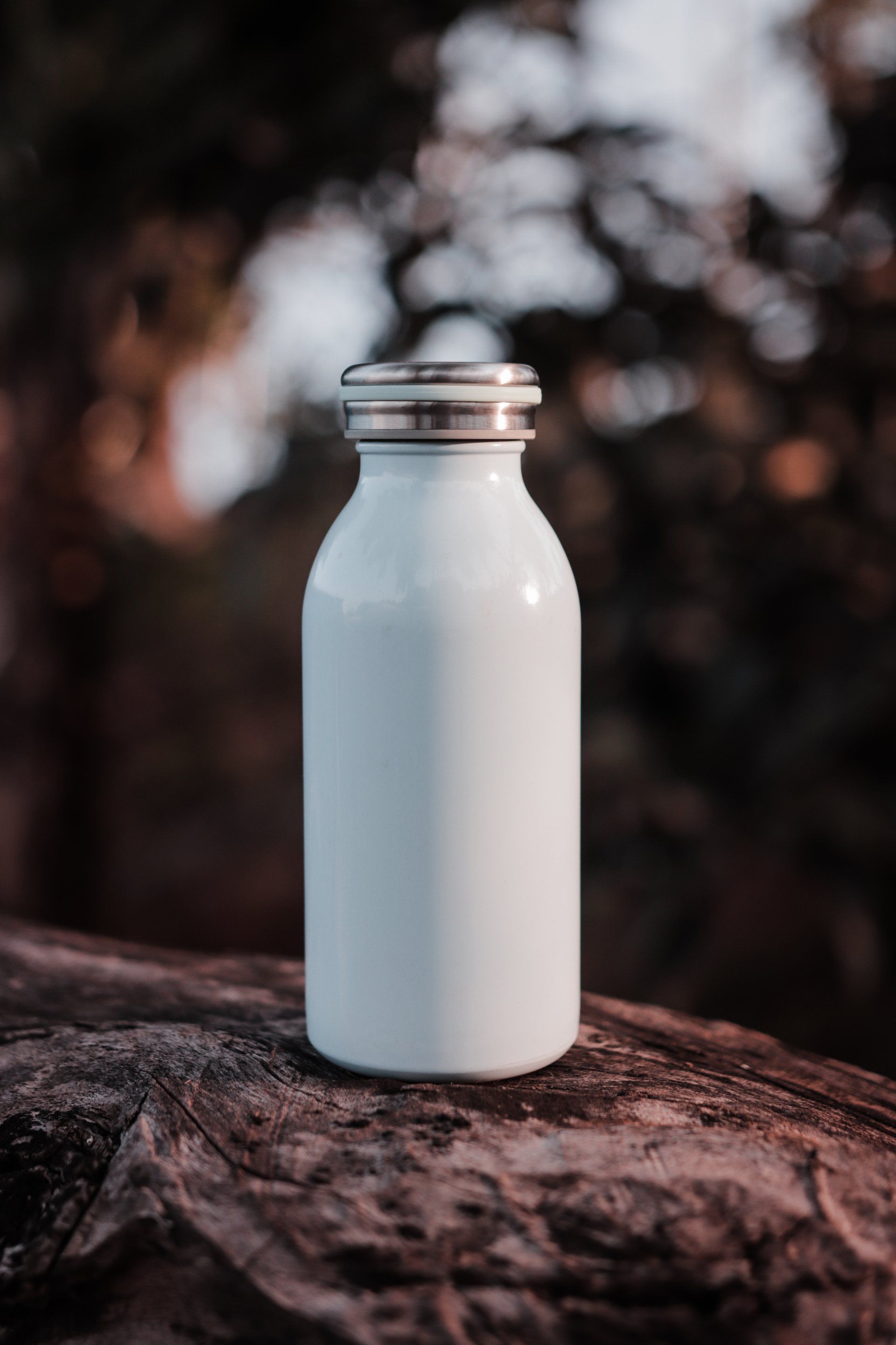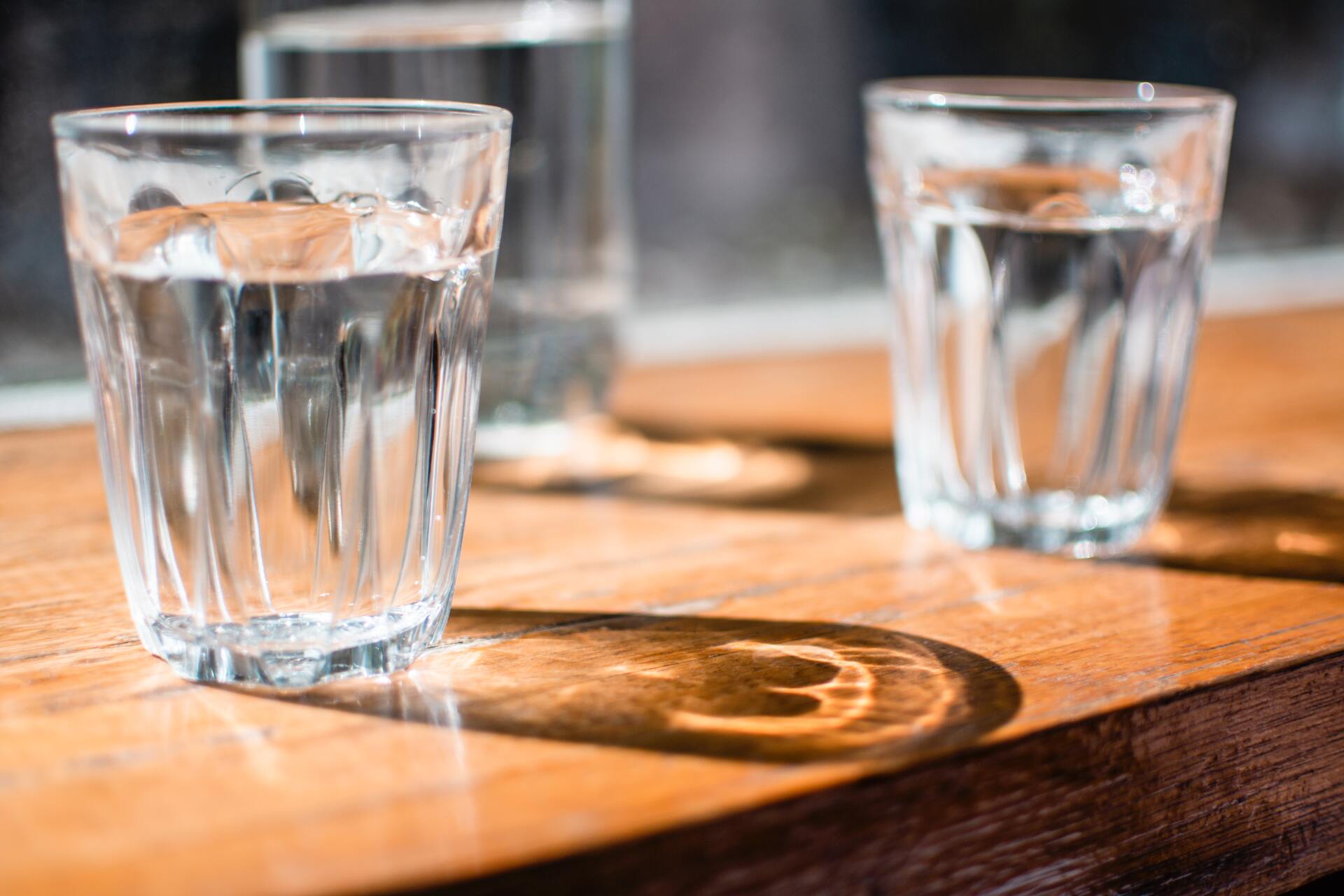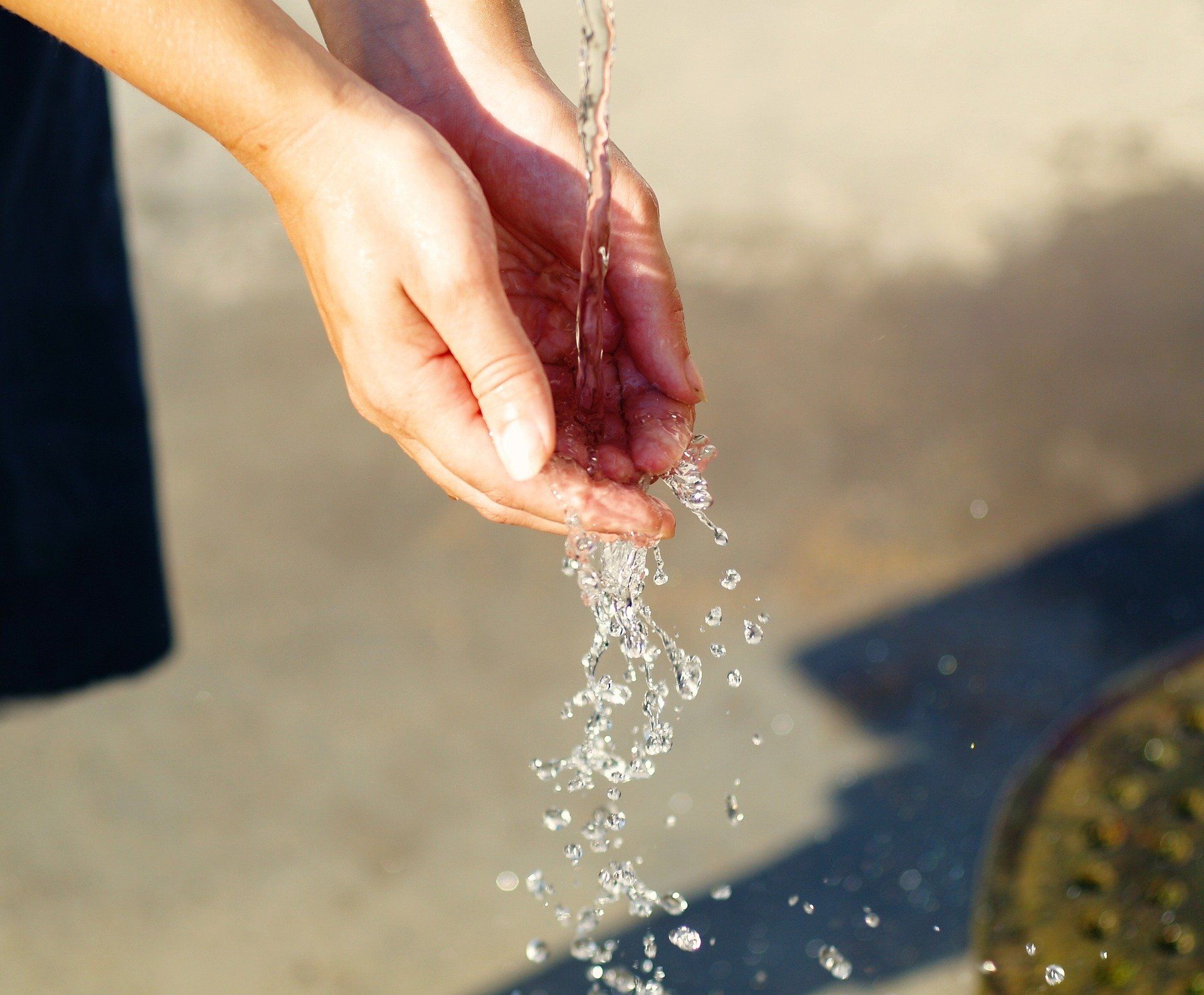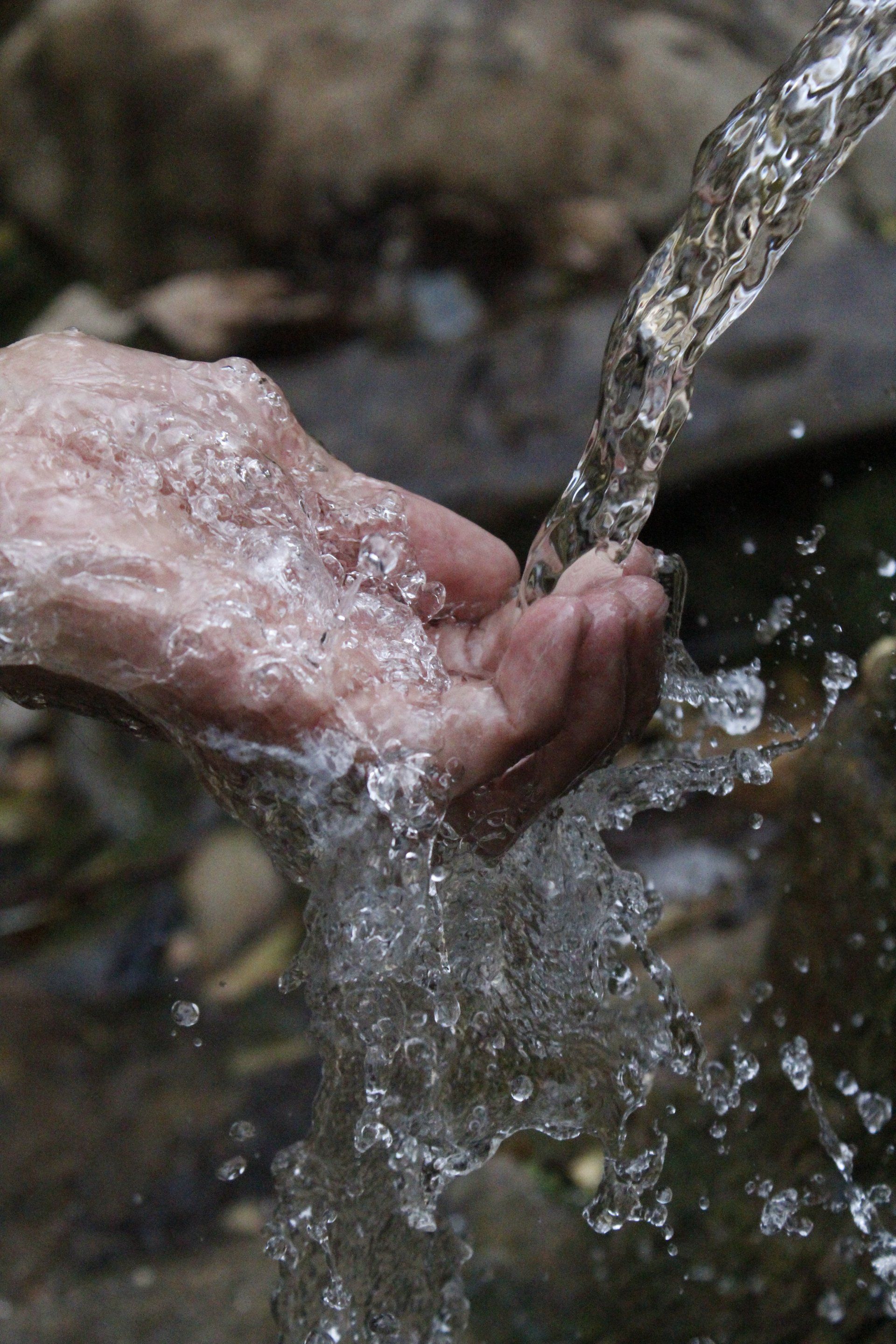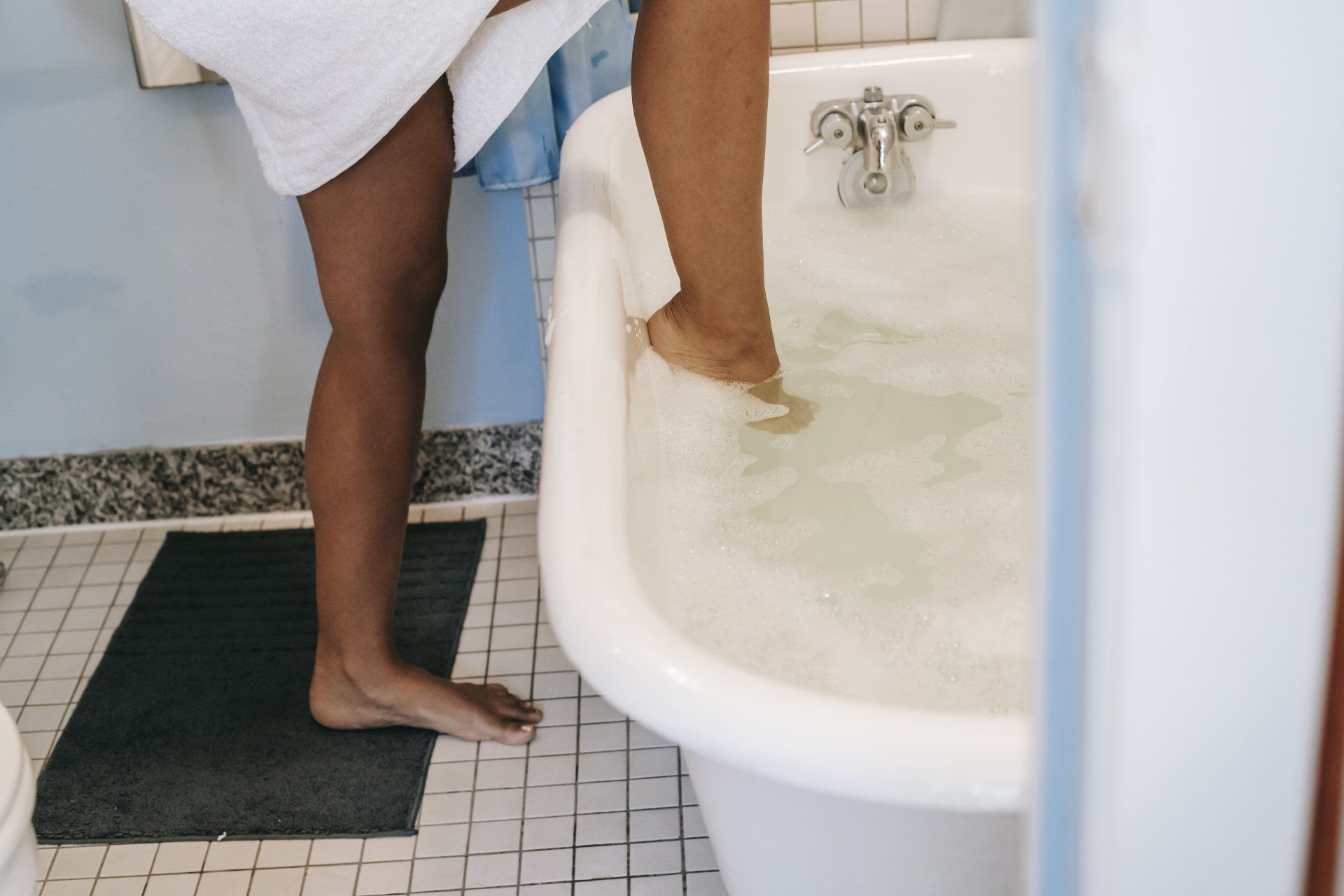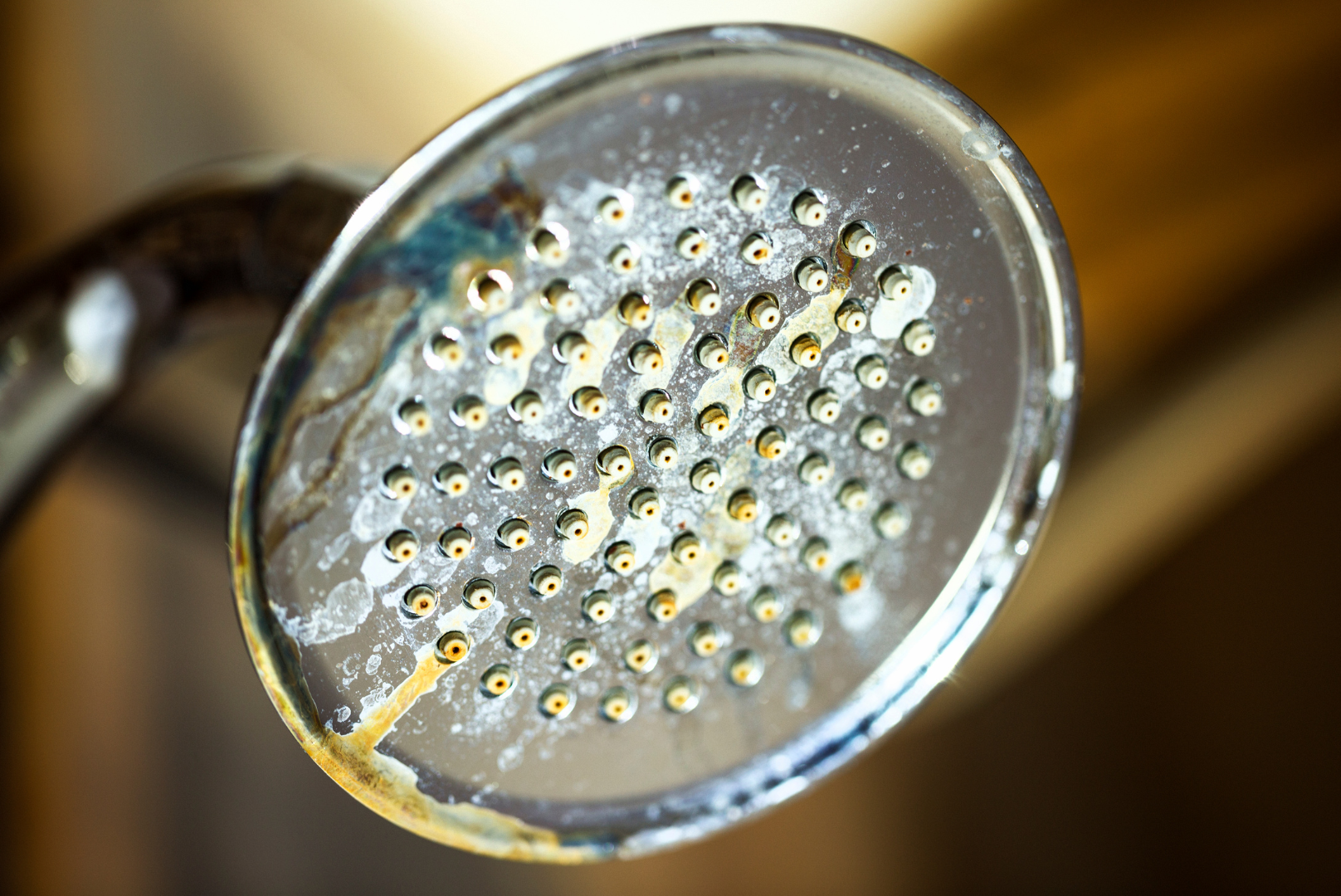5 Signs Your Water Needs Treatment
At the risk of stating the obvious, the quality of your water is extremely important to the health of your home and the people who live there. Several different factors go into determining water quality, including the sourcing of water, environmental elements, and the conditions of the plumbing systems that carry the water into your home.

Given that all of these factors are largely invisible to homeowners, how exactly do you know when the quality of your home’s water has been compromised and requires treatment? Let’s take a look at the five most common signs that your home’s water needs treatment.
1. Noticeable Odor from Water
Let’s start with the most serious indication that your water needs treatment: foul smells coming from your water.
In its purest state, water is completely odorless. However, contamination from various sources can cause your water to carry an unpleasant odor and should be treated as soon as possible.1
The most common smell that is noticed by homeowners is a faint whiff of chlorine, similar to the smell of a public pool. Municipal water sources are treated with a small amount of chlorine 319-393-3691 parts per million) and are completely safe to drink. If the smell bothers you, it will usually dissipate quickly if left to sit for a few minutes. However, if it smells extremely strongly of chlorine as if it were taken directly from a swimming pool, your water could be contaminated and require treatment.
If you notice a different chemical smell that is closer to turpentine, solvent, or gasoline, you should stop using your water immediately. Any petroleum-type smell could indicate contamination from industrial chemicals or oil tanks and is not safe for human consumption and will require immediate treatment.
A sharp chemical smell that’s different from petroleum or chlorine could indicate the presence of pesticides that have leached into your water. Pesticides can cause a host of health problems and must be treated out of your water immediately.
The smell of rotten eggs, fish, decaying plant matter, mold, or sewage could indicate contamination from bacteria and other microorganisms. This can cause severe illness and should be treated as well.
2. Water Discoloration
If your water looks cloudy or brownish, there could be several different factors at play. It could be perfectly safe to drink, or it could indicate a much more serious problem.2
If your water looks brownish or rust-colored, we recommend having a water sample lab-tested as soon as possible (which we can help with). This discoloration could be the result of harmless (if unattractive) mineral deposits that are safe to drink but can stain your clothes in the wash. In more serious cases, it could indicate the presence of dangerous chemicals that are deleterious to life. Either way, this water should be tested immediately and treated as necessary.
If your water is cloudy as it comes out of the tap, a simple test that you can perform yourself should point you in the right direction in terms of treatment. Pour a glass of water and set it on the counter undisturbed for at least an hour. If the cloudiness clears up during that time, it means that your water just has a lot of air in it and is most likely perfectly safe to use. If the cloudiness remains after an hour, you should send it to us for testing immediately as it could indicate the presence of harmful chemicals.
3. You Use Well Water
Wells are a great choice for those who wish to be self-reliant for their water but require a lot of monitoring. Wells are prone to producing especially hard water due to the water source’s interaction with minerals in the ground.3
As well water is completely unregulated, you will not have a municipal authority that is responsible for the quality of your water, thus it is incumbent on you to treat the water yourself. If you use well water, send a sample to us, and we can direct you to a comprehensive water treatment plan.
4. Slow Drains or Sputtering Waterflow
Though many different things can cause drains to slow or water to sputter from faucets, one of the most common causes is scaling in your pipes.4 Scaling refers to the build up of minerals in your piping, which over time can cause serious issues if left untreated.
If you have hard water it is recommended that you have your water treated with a softener that will prevent scaling from occurring.
5. Dirty Dishes and Bathrooms
If you’ve noticed the buildup of “soap scum” on your dishes from the dishwasher or often feel itchy or slimy after taking a shower, you likely have extremely hard water.5
Hard water inhibits your soap or detergent’s ability to clean properly. The high amounts of calcium carbonate in your water interferes with the cleaning agent’s ability to form proper suds and carry grime and bacteria away from the surface being cleaned.
Besides being potentially unsanitary, hard water adds a layer of hassle to your life; forcing you to spend extra time cleaning and washing everything in your house.
If you have been having trouble keeping your dishes and clothes clean despite washing them, your problem could be easily solved with the installation of a water softener.
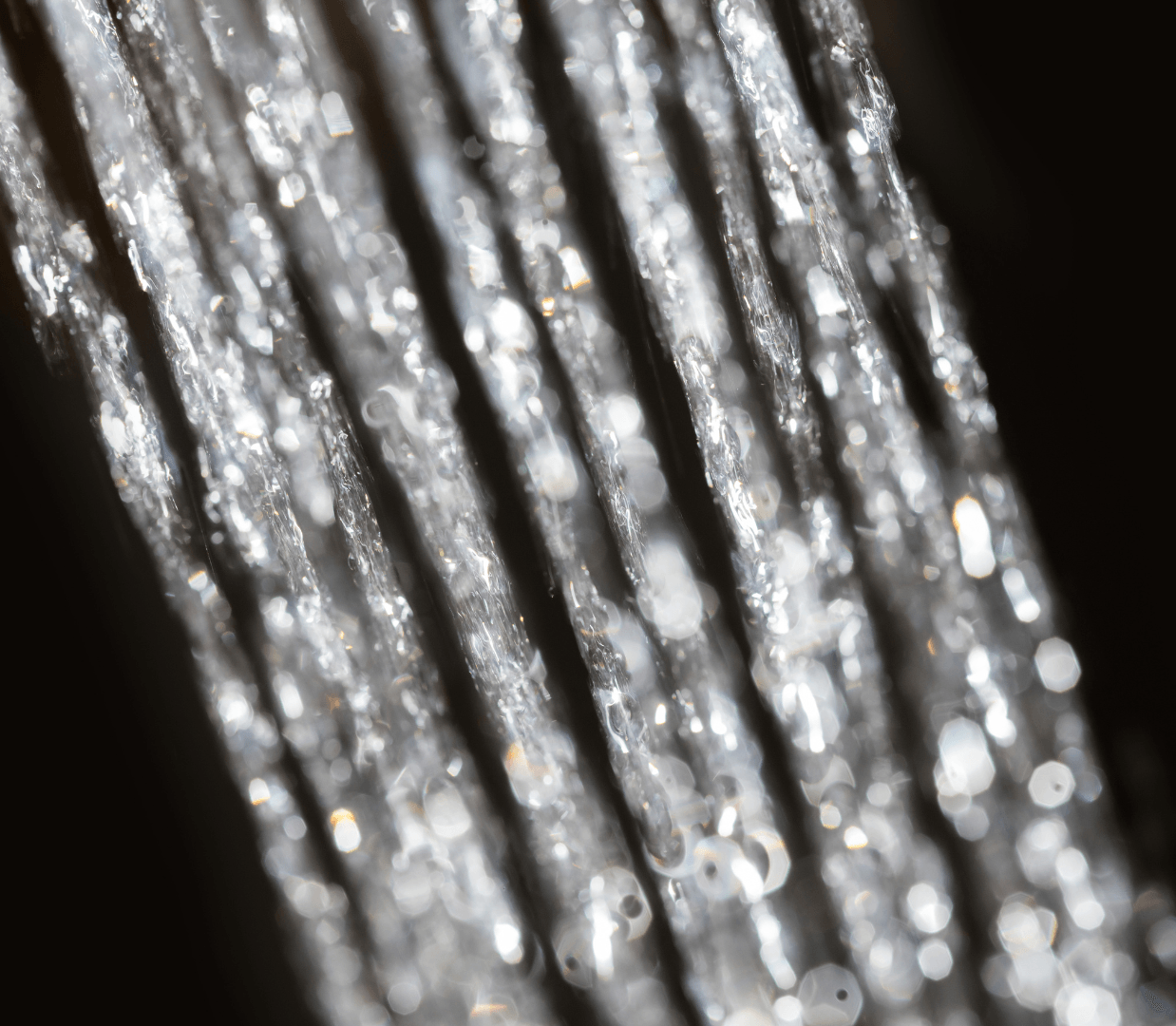
If you’ve had any of these problems before, know that help is out there. Call Quality Water Inc to install filtration systems, water softeners, and other devices that will keep your water clean and clear and safe to drink!
- https://extension.uga.edu/publications/detail.html?number=C1016
- https://www.ewg.org/news-insights/news/five-reasons-your-tap-water-changed-color
- https://www.jasonswatersofteners.com/blog/is-well-water-hard-or-soft
- https://www.bevillstexas.com/blog/2019/april/what-is-pipe-descaling-and-how-does-it-work-/
- https://dirtylabs.com/blogs/the-dirt/ask-dr-pete-how-does-hard-water-affect-cleaning
